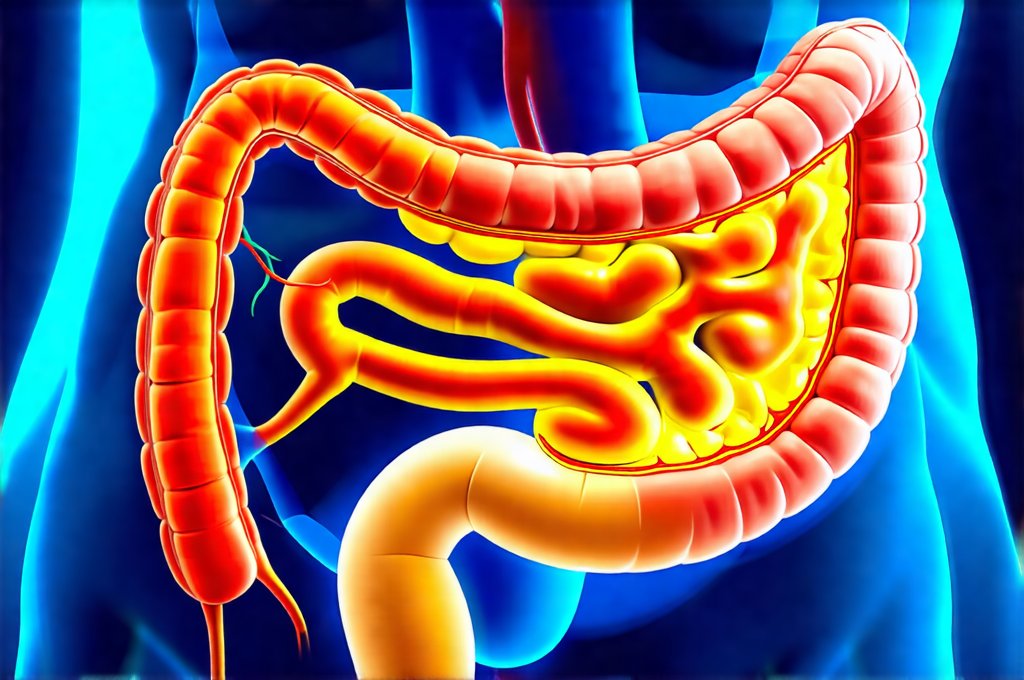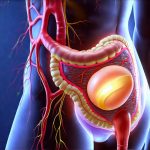The intricate connection between our digestive system and neurological function is increasingly recognized as fundamental to overall health. For decades, these systems were largely studied in isolation, but emerging research reveals a deeply bidirectional communication network often referred to as the gut-brain axis. This axis isn’t merely about physical proximity; it’s a complex interplay involving neural pathways, hormonal signals, immune responses, and the vast community of microorganisms residing within our digestive tract – the gut microbiome. When this delicate balance is disrupted, individuals can experience a wide range of symptoms impacting both digestion and neurological well-being. Identifying the root cause often requires investigating beyond traditional diagnostic approaches, seeking tests that specifically explore this interconnectedness.
The challenge lies in recognizing that symptoms like bloating, constipation, diarrhea, anxiety, depression, brain fog, or even chronic fatigue aren’t always isolated incidents. They can be manifestations of a systemic issue originating in either the gut or the brain and impacting the other. This is where specialized testing becomes invaluable, offering insight into underlying mechanisms driving these seemingly disparate symptoms. These tests aim to move beyond simply identifying what’s wrong (diagnosis) to understanding why it’s happening, paving the way for more targeted and effective interventions. Understanding the gut-brain axis allows us to appreciate that treating digestive issues can potentially alleviate neurological symptoms, and vice versa, highlighting a holistic approach to healthcare. Considering meal timelines is also important for optimal digestion.
Gut Microbiome Testing & Analysis
The gut microbiome – the trillions of bacteria, fungi, viruses, and other microorganisms living in our digestive tract – plays a crucial role in modulating brain function. These microbes influence neurotransmitter production (like serotonin and dopamine), immune system regulation, and even the permeability of the intestinal barrier (often called “leaky gut”). Imbalances in the microbiome (dysbiosis) have been linked to numerous neurological conditions including anxiety, depression, autism spectrum disorder, and neurodegenerative diseases. Gut microbiome testing has evolved significantly, moving beyond simple stool cultures to advanced sequencing technologies that identify the composition and diversity of microbial communities.
These tests typically involve collecting a stool sample which is then analyzed using techniques like 16S rRNA gene sequencing or whole-genome shotgun metagenomics. 16S sequencing identifies different bacterial species based on their genetic markers, while metagenomics provides a more comprehensive picture by analyzing all the genes present in the microbial community. The results are often presented as a report detailing the abundance of various microorganisms, potential imbalances, and recommendations for dietary or lifestyle changes to restore gut health. It’s important to note that microbiome testing is still relatively new, and interpretation requires expertise – working with a healthcare professional familiar with these tests is essential. Often, prep-ahead meals can support a healthier gut biome.
Beyond identifying specific microbial deficiencies or overgrowths, some advanced microbiome tests also assess functional markers – indicating what metabolic processes the microbes are carrying out. This provides deeper insight into how the microbiome impacts digestion, nutrient absorption, immune function, and ultimately, brain health. For example, assessing levels of short-chain fatty acids (SCFAs) – metabolites produced by gut bacteria during fiber fermentation – can reveal insights into gut barrier integrity and inflammation levels. SCFAs are vital for both digestive and neurological health.
Neurotransmitter Testing & Gut Connection
Neurotransmitters are chemical messengers that transmit signals between nerve cells in the brain, impacting mood, cognition, sleep, and behavior. While traditionally thought to be produced solely within the brain, a significant portion – an estimated 90% – of serotonin is actually synthesized in the gut! Similarly, dopamine, GABA, and other crucial neurotransmitters are influenced by gut microbial activity. This explains why imbalances in the microbiome can directly affect neurological function.
Neurotransmitter testing typically involves analyzing urine or blood samples to measure levels of key neurotransmitters and their metabolites. However, interpreting these results in relation to digestive symptoms requires a nuanced approach. For instance, low serotonin levels could be linked to poor gut health affecting tryptophan absorption (a precursor to serotonin) or direct microbial dysregulation impacting serotonin production. Testing can also assess the balance between stimulating and inhibiting neurotransmitters, providing insight into potential underlying imbalances contributing to anxiety, depression, or sleep disturbances. It may be helpful to consider food energy patterns alongside this testing.
More advanced testing looks at organic acid levels in urine, which reflect metabolic pathways involved in neurotransmitter synthesis. This provides a more comprehensive picture of neurotransmitter function than simply measuring end-level concentrations. It’s crucial to remember that neurotransmitter levels can fluctuate throughout the day and are influenced by numerous factors beyond gut health – stress, diet, sleep, and genetics all play a role. Therefore, interpreting these tests should always be done within the context of an individual’s overall health profile.
SIBO & Intestinal Permeability Testing
Small Intestinal Bacterial Overgrowth (SIBO) is a condition where excessive bacteria accumulate in the small intestine, leading to malabsorption, bloating, gas, and abdominal discomfort. While digestive symptoms are prominent, SIBO can also significantly impact neurological health. The overabundance of bacteria produces various compounds that can disrupt gut barrier function, increase inflammation, and even directly affect brain chemistry through metabolites that cross into the bloodstream. Breath testing is the most common method for diagnosing SIBO; it measures hydrogen and methane gas levels after consuming a specific sugar solution (typically lactulose or glucose).
Increased intestinal permeability – often referred to as “leaky gut” – occurs when the tight junctions between cells lining the intestine become compromised, allowing undigested food particles, toxins, and bacteria to enter the bloodstream. This triggers an immune response and systemic inflammation that can impact brain function. While there isn’t a single definitive test for leaky gut, several markers can indicate increased intestinal permeability. Zonulin is a protein released when tight junctions are disrupted; it can be measured in stool samples. Lactulose/mannitol ratio (LMR) tests also assess intestinal permeability by measuring the excretion of these sugars after ingestion – a higher lactulose excretion suggests compromised barrier function.
It’s important to understand that SIBO and leaky gut often coexist, creating a vicious cycle where inflammation exacerbates both digestive and neurological symptoms. Addressing these conditions requires a multifaceted approach involving dietary modifications, targeted therapies (like herbal antimicrobials for SIBO), and strategies to restore gut barrier integrity through nutrients like glutamine and zinc. These tests, when interpreted carefully alongside clinical assessment, can provide valuable insights into the underlying mechanisms driving a patient’s symptoms and guide personalized treatment plans. A helpful starting point may be soups and stews to support healing.
It’s essential to reiterate that these tests are tools – they don’t provide definitive diagnoses on their own. They should always be used in conjunction with a thorough medical history, physical examination, and evaluation by a qualified healthcare professional who understands the complex interplay between digestion and neurological health. Self-treating based solely on test results can be detrimental; personalized guidance is key to achieving lasting improvements in both digestive and neurological well-being. The growing understanding of the gut-brain axis offers hope for more effective and holistic approaches to healthcare, recognizing that our mental and physical health are inextricably linked. Many find thermal recipes supportive during healing periods, alongside testing. Also consider looking at potential symptoms of a misaligned clock. Lastly, one dish meals can be a gentle way to introduce dietary changes.


















